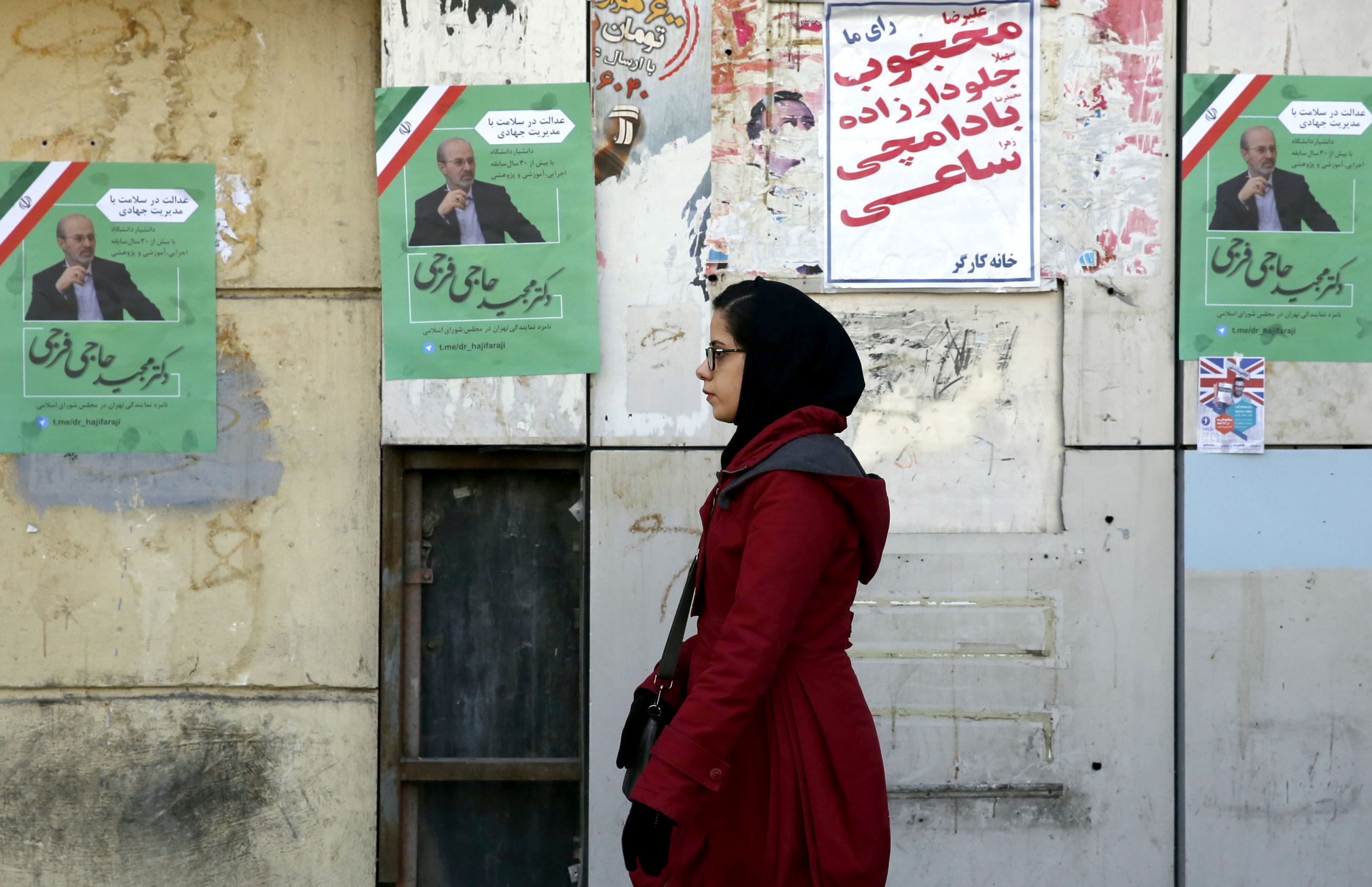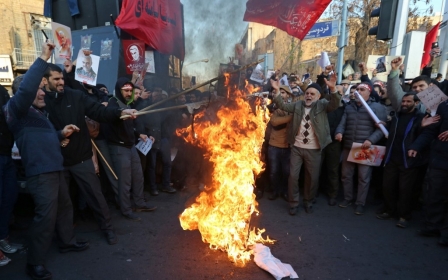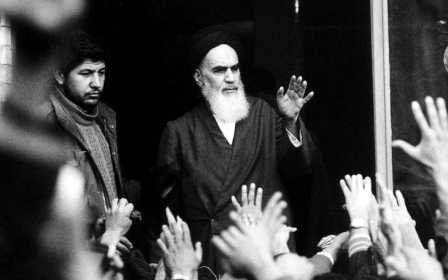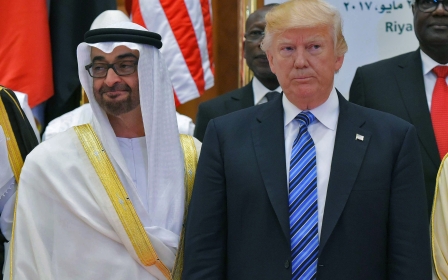Iran kicks off elections with thousands of candidates disqualified

Iran's week-long parliamentary election campaign started on Thursday, with thousands of potential candidates rejected by a conservative vetting body in favour of hardliners.
"The 7,150 candidates who are running for parliamentary elections have started campaigning on Thursday," state TV reported.
The Guardian Council, which must approve candidates, has barred 6,850 moderate and conservative contenders, among a total of 14,000 applicants, from standing in the elections due to be held on 21 February.
About a third of lawmakers have also been blocked from running again.
The Guardian Council oversees Iran’s elections and is dominated by ultra-conservatives. It has given different grounds for disqualifications, including "corruption and being unfaithful to Islam".
New MEE newsletter: Jerusalem Dispatch
Sign up to get the latest insights and analysis on Israel-Palestine, alongside Turkey Unpacked and other MEE newsletters
Iran’s moderate president, Hassan Rouhani, earlier this month criticised the disqualifications, insisting that Iranians must have the “right to choose” between different political movements.
Moderates have said that in most cities they have no candidates to enter the race.
Both Rouhani and Supreme Leader Ali Khamenei have called for a high turnout as the country deals with a worsening economic crisis due to crippling sanctions reimposed by Washington after President Donald Trump withdrew from the 2015 nuclear deal in 2018.
The elections are seen as a popularity test for the country’s hardliners. Khamenei has backed the disqualifications, saying the next parliament was no place for those scared of speaking out against foreign enemies.
Tensions between Tehran and Washington have worsened with the assassination of Iran’s top Revolutionary Guard commander Qassem Soleimani by a US drone in Baghdad last month, triggering an Iranian retaliation against American targets in Iraq.
The disqualifications of moderate and leading conservative hopefuls will likely leave hardliners in control of the parliament.
People have been disappointed by Rouhani’s failure to make good on his promises for more social and political freedoms, as a result moderates have been struggling to mobilise their supporters.
Some 58 million Iranians out of 83 million are eligible to vote.
Hardliner Mohammad Bagher Qalibaf, a former mayor of the capital who once commanded the elite Revolutionary Guards, is heading hardline contenders in Tehran, who account for 30 seats in the current parliament out of 290.
Middle East Eye delivers independent and unrivalled coverage and analysis of the Middle East, North Africa and beyond. To learn more about republishing this content and the associated fees, please fill out this form. More about MEE can be found here.




